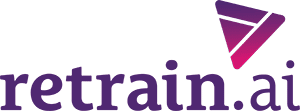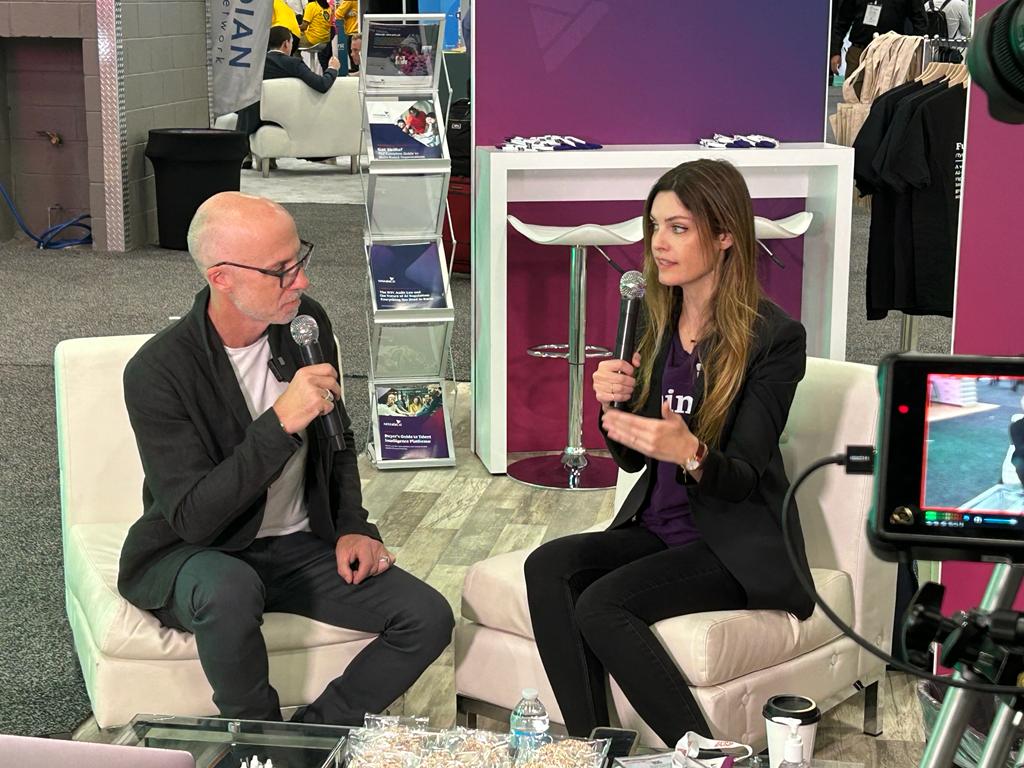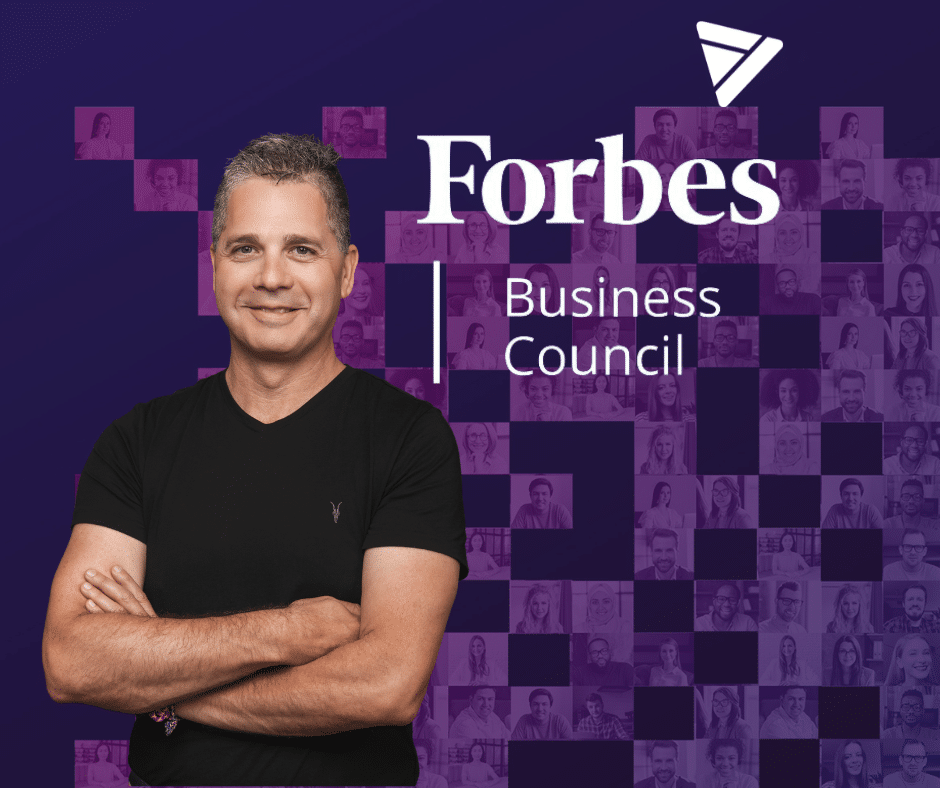More than two years since the start of the pandemic, hospitals around the world are still grappling with burnout, battling some of the worst staffing shortages in decades. Even before Covid-19, the U.S. public health system was under strain; a recent McKinsey report found that the public health workforce shrank by more than 15% over the past 10 years.
Maccabi Healthcare Services faced similar staffing and attrition challenges when they turned to retrain.ai. Together, we helped Maccabi create a harmonized view of their workforce, clarifying what deployable skills they already had in-house, the talent they could quickly upskill to fit their short- and long term needs, and the skills they would need to begin developing and hiring for going forward.
We sat down with Yael Rotem-Sher, Organizational Development Manager, and Ifat Alfasi, Head of Learning and Development, both from Maccabi, to talk about our collaboration. In the first of a two-part blog series, we’ll share excerpts from that conversation.
The full vidcast can be viewed here.
This is a journey into this very interesting project. Where did the need stem from?
The first step was dreaming, visualizing what we wanted the future of Maccabi to look like. We looked at the current state, what problems we were facing, we looked at the world and asked ourselves which changes and adaptations were required. Then, we began building our dream of career management.
Maccabi is a very large organization: 9,000 employees, 6,500 independent contractors; with subsidiaries, we’re over 120,000 people. At the end of the day, it’s a challenge because one can’t see the forest for the trees.
Our second challenge was narrow pyramids in some roles. Most of our employees are caregivers; in that capacity, the pyramid you climb up is relatively narrow. Like everyone, we also began experiencing the trends in the labor market; although the percentage of people leaving Maccabi is relatively low compared to other organizations, it was still becoming a challenge.
Thirdly, we looked at futuristic skills and understood we needed to develop our employees for the changes coming. In the past, an organization was in charge of its employees’ careers, but now, the power is in the hands of the employees. We asked ourselves, how do we that shift? How do we make it accessible to them? How can we help them understand where and how they can develop?
A big part of it also has to do with curatorship. Curatorship and accessibility were big challenges. Because everything is big in our organization, when we talk about personal and professional development, we’re talking about development in roles but also through learning and experimenting. And we wanted to make it all accessible.
While we were starting to visualize this future, we mentioned our ideas to a vendor who put us in touch with retrain.ai. When retrain.ai presented their concept to us, I felt like my dream was coming true. It was like… Where did you come from? With every word, we looked at one another in awe. They talked about everything we visualized in our future.
How was your collaboration as a fast-paced startup alongside a huge and perhaps a bit traditional organization?
Maccabi may be defined as a very large, traditionally bureaucratic healthcare organization, but in terms of Learning & Development, when we look ahead, we think, where do we want to bring our organization? The ambitious goals we set ourselves are based on the organization’s strategic goals. We want to be a more agile, fast-paced, adaptable organization. We don’t want every process to take two years. This is what we have in common with retrain.ai, and that’s how we make it happen. Our partnership means we have backup. This doesn’t mean it will happen instandly across the whole organization, but it’s starting to sink in in many areas, enabling us to move forward quickly.
We also try to be as innovative as possible, which is why it’s no surprise that we met retrain.ai. We’re currently building training plans based on the fundamentals of where we want to go, and we progress by listening to the needs of our clients–in this case, participants in the program or even their managers. We always remain agile to modify and adapt. and we build it as we go while listening to our clients’ needs. In this case, the participant in the program or even their managers. We always remain agile enough to modify and adapt things.
How was the process of incorporating retrain.ai’s platform?
We had always understood these to be long, time-consuming processes; by the time our database was updated, we’d have to do it again, as it will be outdated and irrelevant. Working in a very large organization, such processes aren’t easy; they take time and are impacted by bureaucracy and acquisitions.
With retrain.ai, we brought them into our department’s management meetings because not only did their solution meet our needs as an organizational learning & development department, it also related to mobilization, recruitment, employee retention, employer branding–all fields of HR. From that, we were able to recruit quite quickly and see the benefits. In terms of learning & development, we had already been offering a multitude of opportunities but didn’t have the accessibility and curatorship we needed. These two elements come into play in retrain.ai’s solution, and our need was met. It was amazing.
In our second in this two-part series, we’ll find out how retrain.ai supported Maccabi’s efforts around skills-based development and employee career pathing.
retrain.ai is an AI-powered matching engine already prepped for the future. Structured first and foremost around Responsible AI, our solution connects the right talent to your open roles and career pathways by tapping into their skills, capabilities, and aspirations, making sure you reduce attrition and retain the right talent. To see it in action, request a demo.










